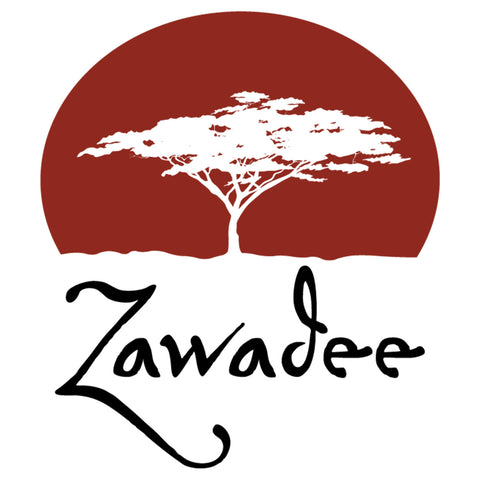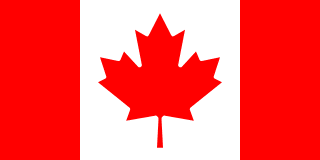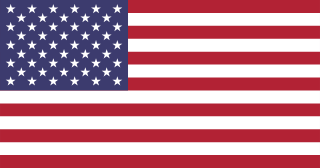Got To Go There - Swaziland - One of the Last Remaining Absolute Monarchies
Swaziland is a small, landlocked monarchy in Southern Africa - best known for its wilderness reserves and festivals.
The borders of delightful Swaziland are shared with Mozambique and South Africa. The Lebombo Mountains, Mlawula Nature Reserve and the Hlane Royal National park are all fascinating spots to visit. Diverse wildlife including lions, hippos and elephants can be spotted throughout Swaziland.
The borders of delightful Swaziland are shared with Mozambique and South Africa. The Lebombo Moutains, Mlawula Nature Reserve and the Hlane Royal National park are all fascinating spots to visit. Diverse wildlife including lions, hippos and elephants can be spotted throughout Swaziland.
Swaziland is known for civility and peacefulness, making it a great place to begin to experience Africa. Artifacts indicating human activity dating back to the early Stone Age.
Artifacts indicating human activity dating back to the early Stone Age 200,000 years ago have been found in the Kingdom of Swaziland. Prehistoric rock art paintings date from c. 25,000 BC. The earliest inhabitants of the area were Khoisan hunter-gatherers who were largely replaced by the Bantu tribes who hailed from the Great Lakes regions of Eastern Africa.
Many interesting people were born in Swaziland. Noma Dumezweni is a Laurence Olivier Award winning actress who is now based in London. Noma played the role of Hermione Grainger in the stage production of Harry Potter and the Cursed Child and won a second Laurence Olivier Award for her performance. Luke Hall is a Swazi swimmer who competed at the 2008 an 2012 Summer Olympics. Leonard A. Payne was a British Flying Ace who was born in Swaziland and was credited with 11 confirmed aerial victories while piloting a Bristol F.2 Fighter.
There are almost too many nature reserves and animal sanctuaries in Swaziland to list! We've provided links to some of them (below) so you can view these amazing places.

Swazi (Swati or siSwati), a Southern Bantu language, is the national language of Swaziland, and is spoken by the majority of Swazi people. As both English and Swazi are the country's two official languages, English speaking visitors will encounter no language barrier. English is the medium of instruction, and is taught in all state and private schools. Competency in English is a prerequisite for admission into most post-secondary institutions. Swaziland is Africa's last absolute monarchy and it is considered an act of terrorism to criticize King Mswati III. But as Swaziland's banned opposition continues to speak out, the international community turns a blind eye. King Mswati III has ruled the small country with its one million inhabitants since 1986. In 1973, Mswati's father Sobhuza II banned all political parties and declared a state of emergency, which is still in place today. The king governs the country's 55 administrative divisions, known as Tikhundla, through its chiefs. A lot of the population in Swaziland are rural subsistent farming communities and there may be a sense of distrust for political parties and political change. There is a support of the king and also of the Tikhundla system, which was developed as a system for community involvement.

Sadly, although Swaziland is home to many wildlife parks and reserves, Swaziland has been accused by one of the world’s leading conservationists of being a puppet of South Africa in a bid to open the floodgates to a potentially calamitous legal rhino horn trade. We hope this changes soon!

Mlawula Nature Reserve
Handwoven or knit, these beautiful fashion scarves, shawls, wraps and home décor cushions, blankets and throws are the product of talented artisans from Swaziland. Using specially formulated dyes, they are able to achieve vivid, yet softly elegant colours.

- Gorgeous products created by local women in Swaziland giving them employment opportunities.
- Handmade every step of the process.
- Minimum environmental impact using natural fibres and biodegradable dyes.
- Designed with 'slow fashion', ensuring longevity and quality, encouraging slower production, fair wages and lower carbon footprints.
- Flavour of Africa with contemporary influence.
Handcrafted from all natural materials - merino wool, mohair & bamboo.





